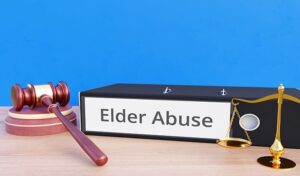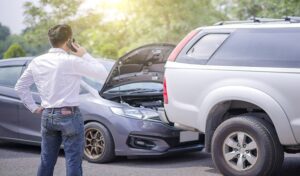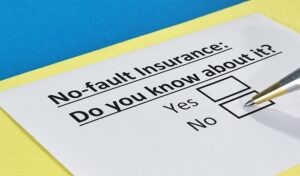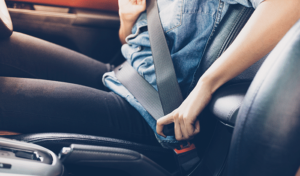
Types of Accidents: Head-on Collisions
Head-on collisions are characterized as a crash caused when two vehicles are moving straight toward one another. This type of car accident may not be the most common, but it

Head-on collisions are characterized as a crash caused when two vehicles are moving straight toward one another. This type of car accident may not be the most common, but it

Discovering that your loved one has been mistreated is devastating, but understanding how to report elder abuse can help secure their safety. Unfortunately, elders are not always able to speak

Being involved in an auto accident can be a very frightening and stressful experience, especially if the collision was not your fault. Establishing liability can sometimes be convoluted and complicated, but it will be much easier if you are prepared.

If you’ve just been in an accident in the state of Utah, you might be wondering if Utah is a no-fault state. Since there are only a dozen or so states with the no-fault law, you’ll likely want to brush up on what states use the no-fault insurance system and how it applies to Utah.

Did you know that if you’re in a car accident and found guilty of not wearing a seatbelt, it can affect your injury settlement? Not only is a seat belt

If you’ve been in an accident, you may wonder if it’s worth it to contact a lawyer, and if you do, what does the average settlement look like? While there’s

Riding motorcycles in another country can be memorable, but it is essential to know how to keep yourself safe before hopping in the driver’s seat. Each country has different driving laws,
UTAH INJURY LAWYERS
Flickinger • Boulton
• Robson • Weeks
PROVO OFFICE
3000 N University Ave
Suite 300
Provo, UT 84604
SOUTH JORDAN OFFICE
10393 S. Temple Dr.
Suite 103
South Jordan, Utah 84095
OFFICE HOURS
Monday- Friday: 8AM-5PM
Saturday-Sunday: Closed
*Disclaimer: the information provided by this website is for informational purposes only and should not be considered legal advice or a substitute for competent legal counsel.
**SMS consent and contact phone numbers will not be shared or sold to third parties or their affiliates for any purpose.
© 2025 All Rights Reserved.